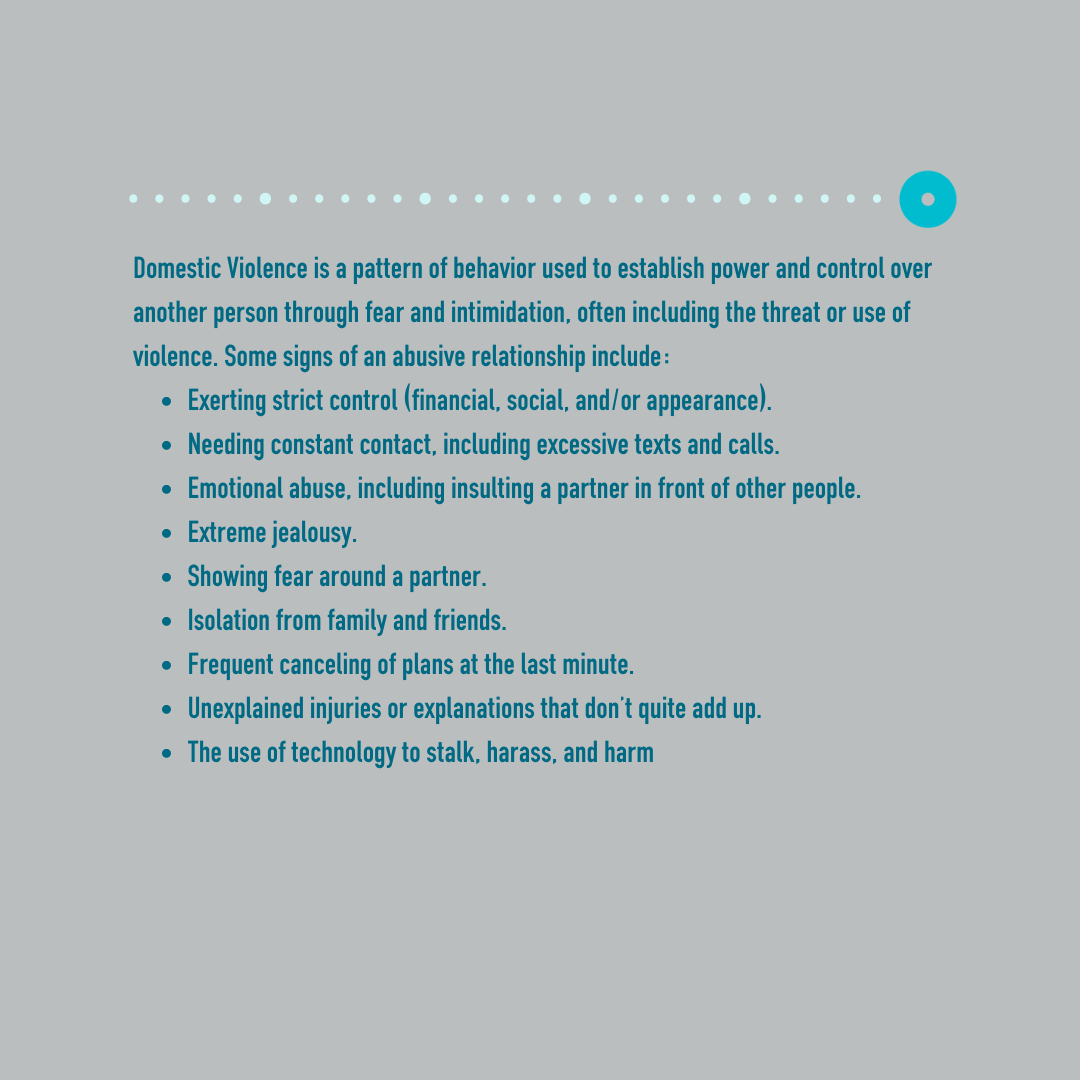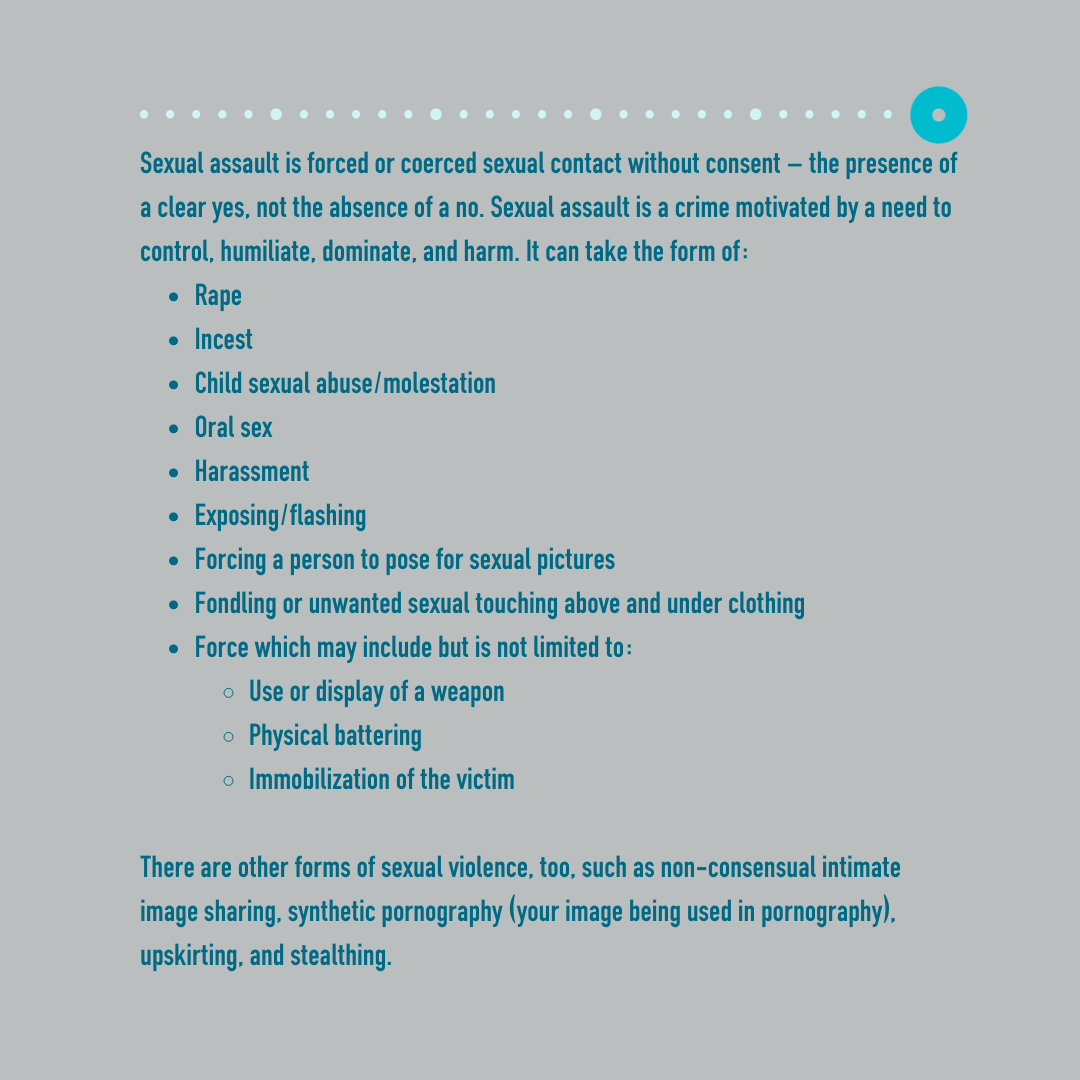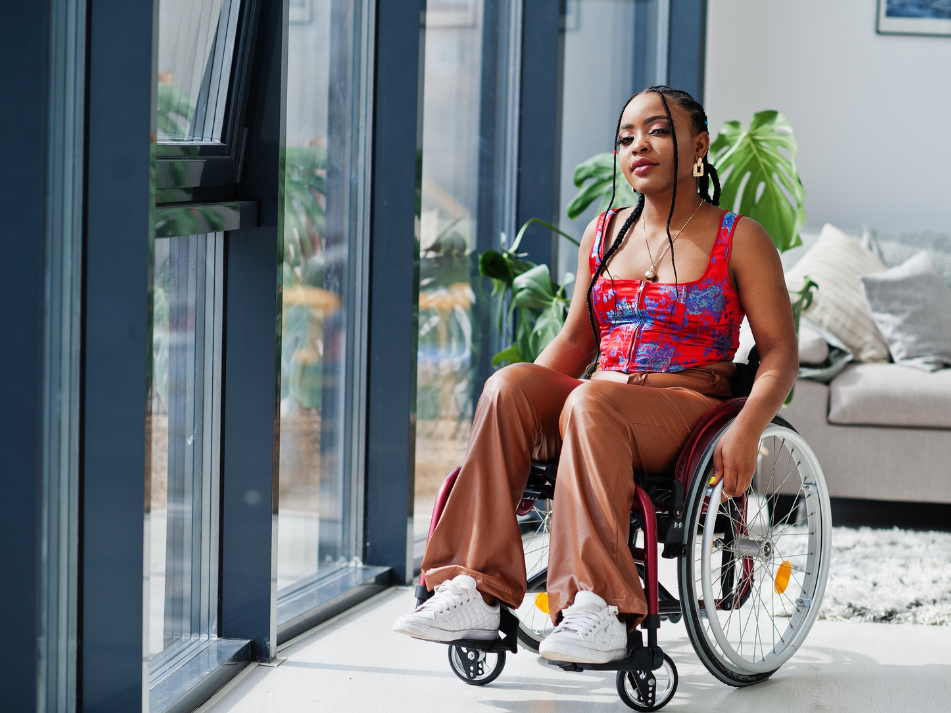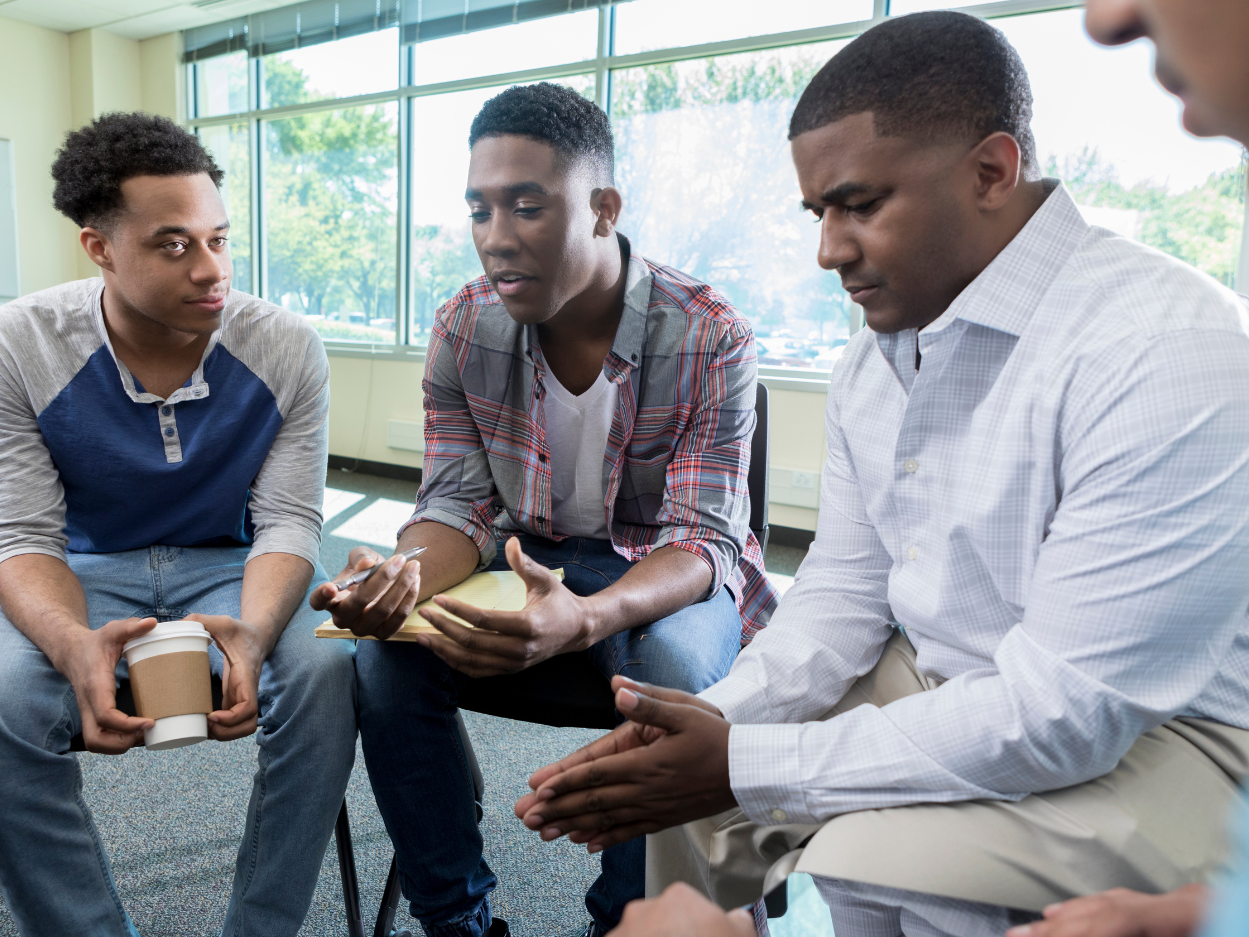
Learn
A Worldwide Public Health Crisis
Domestic violence is a worldwide public health crisis and an abuse of human rights. In the US alone, the Centers for Disease Control and Prevention (CDC) found that over half of women and almost one in three men have experienced sexual violence involving physical contact during their lifetimes. (1).
It’s no surprise, then, that victims/survivors of domestic and sexual violence come from all walks of life - encompassing various ethnicities, races, ages, faiths, income levels, sexual orientations, and genders.
We are all impacted by these abuses, whether or not we are victims/survivors ourselves. It could be a colleague, neighbor, friend, or family member who is being abused, the impacts of which can be life-changing - sometimes life-threatening. They might suffer from anxiety, depression, or PTSD, have low self-esteem, or feel suicidal. They could need hospital treatment for serious physical injuries or have children who can’t sleep because they witnessed violence.
Although the personal impacts of domestic violence are devastating, there are also many costs to society. The lifetime economic cost associated with medical services for IPV-related injuries lost productivity from paid work, criminal justice, and other costs is $3.6 trillion. The cost of IPV over a victim’s lifetime was $103,767 for women and $23,414 for men (2).
To end domestic violence and sexual violence, we all need to be part of the solution. Educating yourself and others, helping a friend who is being abused, speaking up, and being an engaged bystander are all examples of things you can do to help.
Talking about these issues openly will help end the shame and stigma that domestic violence and sexual assault survivors are burdened with.
The next time you’re in a room with six people, think about this:
- Almost 1 in 2 women and more than 2 in 5 men experience violence from their partners in their lifetimes.
- Up to 19% of teens experience sexual or physical dating violence, about half face stalking or harassment, and as many as 65% report being psychologically abused.
- Every 68 seconds, an American is sexually assaulted.
- Over 1 in 4 lesbian women, almost half of bisexual women, and over 1 in 4 heterosexual women were raped during their lifetimes.
- About a quarter of gay men (837,000) and 3.0% of heterosexual men (3.3 million) were raped during their lifetimes.
What are domestic and sexual violence?
Consider the following signs as you think about your own experience or about someone you care for.


How to Offer Support
- Get Resources - don’t be afraid to reach out and ask for help.
- Supporting Survivors - what to say and how to help
- Bystander Intervention - real-life examples to help prepare you to take action



Know When to Intervene
Lean how bystanders can intervene safely in ongoing abuse or speak up.
Find Out More
Where to Get Help
Once you understand how to recognize domestic and sexual violence, you can learn how to respond to someone who may need support and also take steps to prevent these crimes in the future.
Find Out More